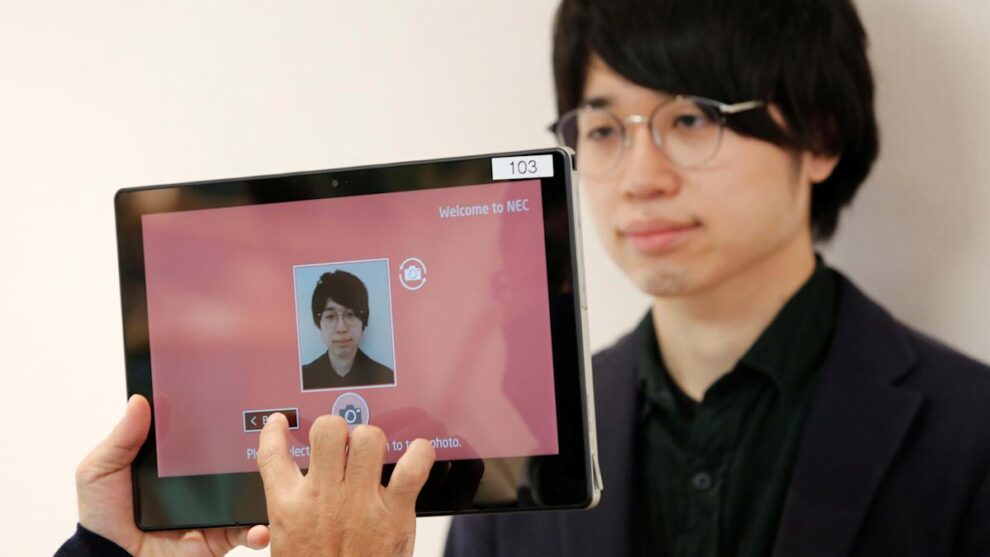Yahoo Finance’s Dan Howley explains the concerns over the use of facial recognition technology to crack down on crime, how it can be misused, and Instagram’s removal of several face filters.
Video Transcript
[MUSIC PLAYING]
RACHELLE AKUFFO: Welcome back to “Yahoo Finance Live,” everyone. Balancing crime rates with high tech solutions. Facial recognition technology is making a comeback in several states. Dan Howley joins us with what’s at stake here. Dan, why is this happening now?
DAN HOWLEY: Yeah, it seems to be a reaction to what a lot of retailers are saying is kind of smash and grab crimes. Obviously, there’s been an increase in crime rates across certain cities as a result seemingly of the pandemic, people losing their jobs, and then just going through the uptick in people getting back to work or trying to get back to work. A lot of people still aren’t working from, or still are working from home if they have those opportunities. So maybe there’s not as many people around.
But the gist of it is, that a lot of people, retailers, some cities are asking for the bans on facial ID or facial recognition technology to be lifted. Now a few states, a few cities had banned them basically saying that, look, this technology isn’t proven. There were a lot of issues and still are a lot of issues when it comes to skin color. Some people, mostly Black women, have been misidentified as a result of these technologies.
In fact, there was a study a while ago where some members of Congress were identified as criminals, not as a joke, but in reality. And I think the idea here, is that these technologies could be misused. And then there’s the idea of the creeping police state of, is the government going to be able to store this data about me. And then, will they be able to track me wherever I am? You know, when you look at of free speech or the ability to travel freely in the country, will I be monitored more so than anywhere else in the world then?
EMILY MCCORMICK: And Dan, a related issue here. Meta Platforms is disabling certain filters in Texas and Illinois in order to comply with states facial recognition laws. What’s that all about?
DAN HOWLEY: Yeah, so this basically has to do with what they say is facial recognition and storage. And the issue here is filters that are on Facebook or Instagram, and you know, turn yourself into a puppy or whatever. There’s the one now where you are crying I think. I don’t know if that’s on Instagram or TikTok.
But basically what they’re saying is, look, we’re going to preempt any kind of potential issues that these states have with us by just removing these filters entirely from there, so that they can’t say that we are stealing or using people’s information, their facial ID, without their consent. And that’s really what this issue comes down to. Facebook or Meta says that they’re not actually collecting people’s facial IDs when they use this, but they’re just saying, look, we don’t want to run afoul of this law, so we’re just going to take it down entirely so we don’t have an issue overall.
DAVE BRIGGS: These are concerning times, aren’t they? Dan Howley, good to see you, my friend, thank you.










